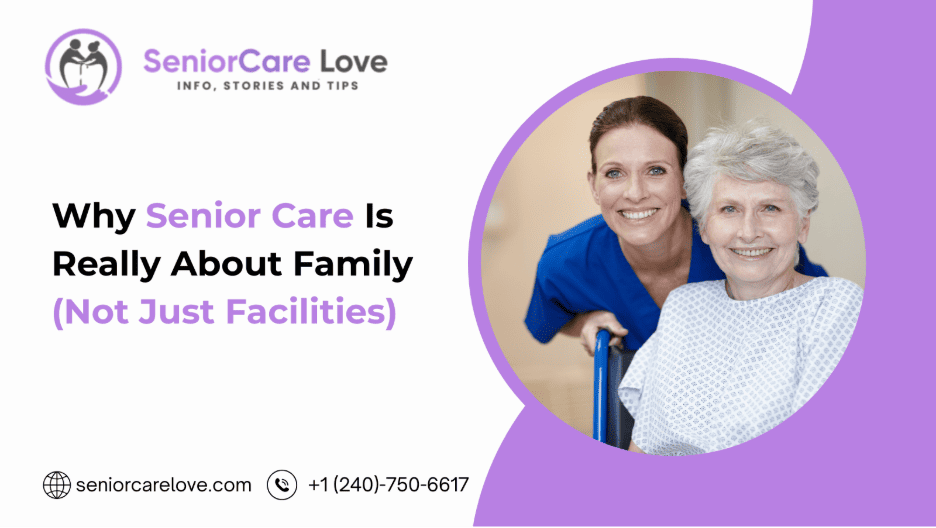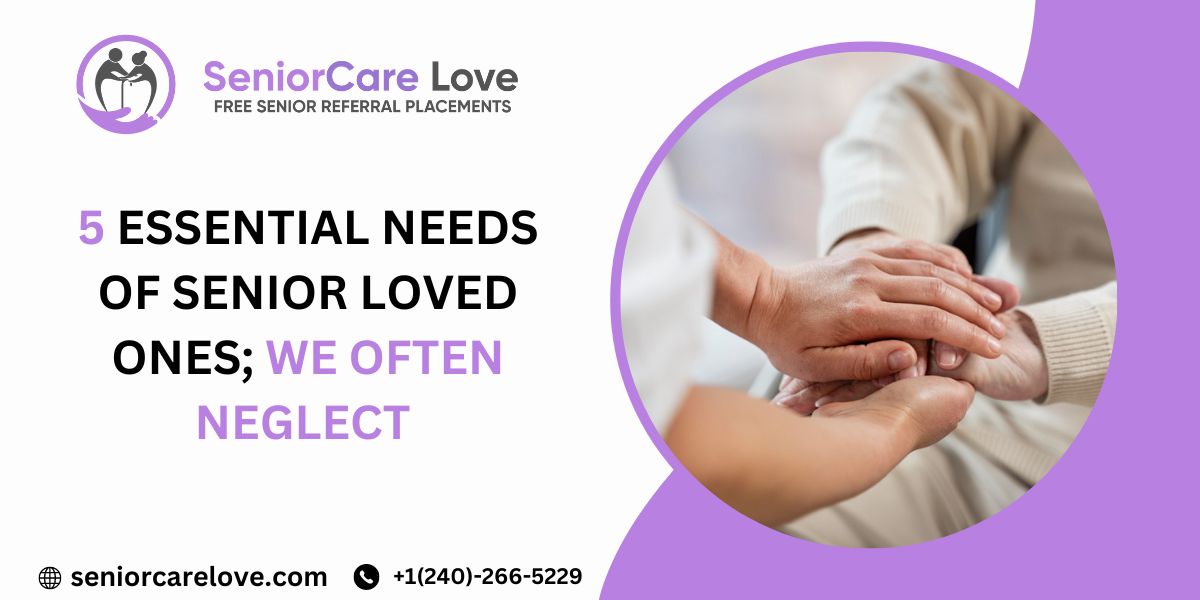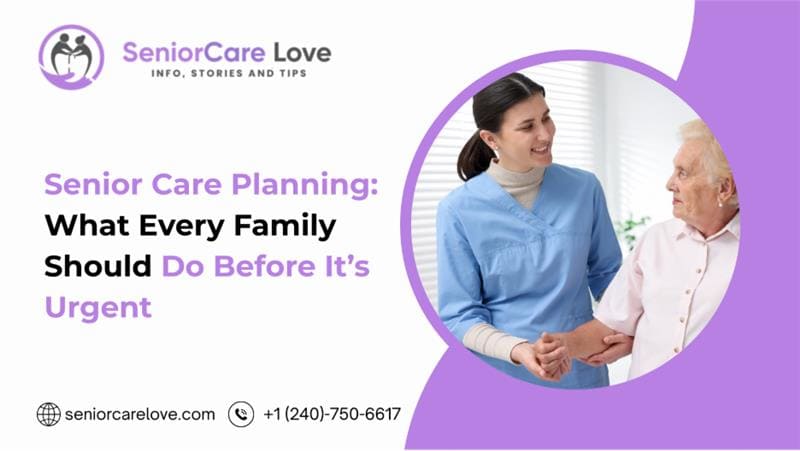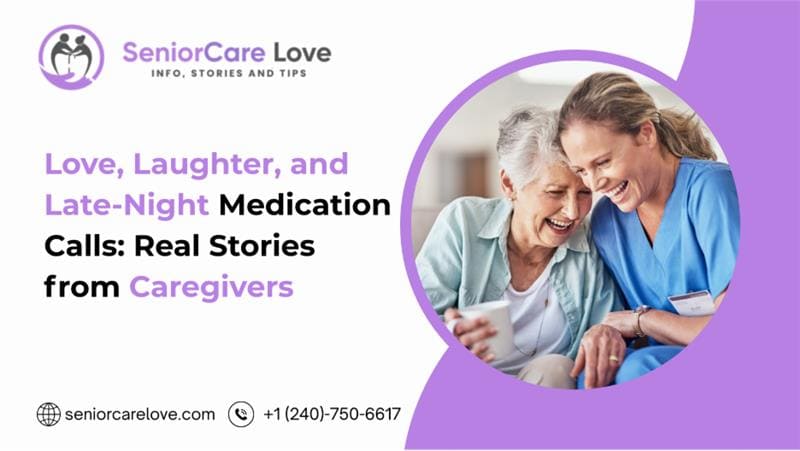There’s a certain moment when you realize senior care isn’t just a checklist—it’s a reunion tour of your family dynamics, complete with old wounds, inside jokes, casseroles no one eats, and a suspicious number of opinions about “what Mom would’ve wanted.”
Yes, senior care involves facilities, finances, and forms with very small font. But the truth? It’s really about family. The late-night phone calls. The awkward group texts. The whispered negotiations in hospital hallways. The “Who’s going to tell Dad he can’t drive anymore?” standoff that no one wins.
At Senior Care Love, we’ve seen every version of this story—and we still believe that at its core, senior care is an act of love. Sometimes a messy one. Occasionally a resentful one. But love, nonetheless.
So before you get buried in brochures, let’s talk about the human side—the family side—of aging well.
Facilities Aren’t the Finish Line (They’re Just a Tool)
Here’s a hard truth: you can choose the fanciest facility with the nicest chandeliers and the gourmet chef—and still miss what matters.
Why? Because no building, no matter how beautifully landscaped, can substitute for:
- Meaningful connection
- Familiar voices
- Photos from 1974 taped to the fridge
- Someone who knows how Dad likes his toast (crispy, with jam, but not touching the edges)
Yes, safety matters. Yes, clinical support matters. But the glue that holds it all together? Family.
Or, in some cases, the family you choose—friends, neighbors, that one social worker who goes above and beyond and secretly brings in homemade cookies.
Facilities should support the family—not replace it.
The Emotional Labor Is Real (and Worth Naming)
Let’s not sugarcoat it: being “the one” is exhausting. You know who you are.
- The daughter who remembers every appointment
- The son who handles the bills and wonders if it’s okay to feel resentful
- The niece who visits every Tuesday even when no one remembers her name
- The spouse who smiles through dinner and cries in the car
This invisible workload—this emotional labor—is the foundation of senior care. And it deserves respect, rest, and backup. (Yes, we said backup. Like in a buddy cop movie, only with more Jell-O.)
If your facility doesn’t recognize that families are part of the care team? Keep looking.
A Real Story: The Great Sofa Disagreement
Let us tell you about the Martinez siblings—three adult children, one determined mother, and one very floral living room sofa.
Mom was moving into assisted living. The facility was lovely, the staff warm, the meals smelled like someone actually used seasoning. But chaos erupted over one question: Should the sofa go with her?
A: “She loves that thing!”
B: “It’s moldy and smells like sadness.”
C: “Let’s just get her a new one.”
Mom’s vote? “I want the damn sofa. It smells like your father.”
They brought the sofa. It didn’t match the curtains. But it did help her feel home—and every visitor ended up sitting on it for family photo recreations.
Lesson learned: Sometimes, it’s not about what’s logical. It’s about what’s familiar—and what connects the past to the present.
Family Isn’t Always Perfect—But It’s Always Present
Here’s the thing about family: it’s rarely neat. Or simple. Or fully aligned on how many hours of home care Mom really needs.
But family shows up in different ways:
- The long-distance child who calls every morning
- The teenager who FaceTimes Grandpa from college
- The sibling who doesn’t say much but remembers birthdays
- The ex-spouse who still drops off groceries
Senior care planning can stir up a lot: guilt, grief, frustration, love, protectiveness, even old rivalries about who Mom liked best. (Spoiler: it was probably the dog.)
But under all that noise? There’s care.
What Great Communities Know About Families
The best senior care providers (the ones we actually recommend without crossing our fingers behind our backs) know this:
- Families are part of the care plan. They matter, even when they’re messy.
- Communication should be proactive. Not “Oops, we forgot to tell you about the medication change.”
- Visits matter. Even five-minute check-ins can mean everything.
- Family input helps personalize care. That quiet note you send about how Mom hates the smell of vanilla lotion? Gold.
One community we love in DC hosts “Family Story Hour” where residents’ kids and grandkids come in and share childhood memories. Yes, there’s crying. Also, cookies. But mostly, there’s connection.
Senior Care Isn’t the End of the Story—It’s a Chapter You Get to Co-Write
We’ve met families who thought moving a parent into assisted living meant stepping back. Instead, they found ways to step in—more intentionally.
Like:
- Hosting Sunday game nights in the activity room
- Bringing in old home videos for staff to see
- Organizing birthday celebrations (with karaoke, because why not?)
- Creating photo walls or memory boxes for aides to better understand each resident
You don’t stop being family just because someone else helps with the shower. You’re still the anchor. The storyteller. The one who knows how to get Dad to take his meds by telling him they’re “performance enhancers.”
Final Thought: Family First, Always
At Senior Care Love, we’ve walked beside families who did everything right, and families who showed up late—but still showed up. And here’s what we know:
Senior care isn’t just about where someone lives. It’s about how they’re loved.
Yes, the building matters. The meal plan matters. But at the heart of it all? It’s the family—biological or chosen—that carries the story forward.
So don’t just pick a facility. Choose a place that understands your place in the journey. Because you’re not a visitor. You’re not a check-in. You’re family.
And in the world of aging? Family is the real medicine.
Need help choosing a senior care community that welcomes your whole family—awkward moments and all? That’s what we do.
Reach out to Senior Care Love and let’s make sure no one walks this path alone.
FAQs: Family & Senior Care
Q: How involved should families be after a loved one moves into a senior living facility?
A: As involved as your capacity allows. Weekly check-ins, monthly visits, shared calendars—whatever works for you and your loved one. Even small gestures go a long way.
Q: What if family members don’t agree on care decisions?
A: Welcome to the club. Consider family meetings with a care advisor or neutral third party. Focus on shared goals: safety, dignity, and quality of life.
Q: Can a facility really feel like “home” if family isn’t nearby?
A: Yes—if the community builds strong relationships, honors personal routines, and welcomes chosen family (friends, neighbors, pets, etc.). Home is more about connection than address.
Q: How can families support a loved one from far away?
A: Video calls, coordinated visits, cards, care packages, and regular updates with the staff. Many long-distance caregivers also hire local care managers for on-the-ground support.







